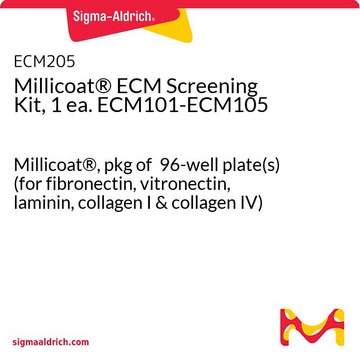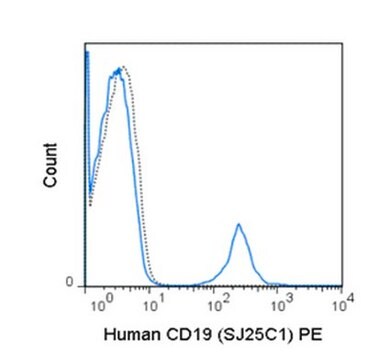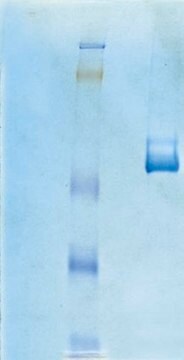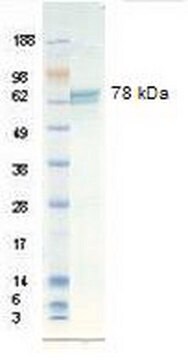ECM102
Human Vitronectin
MILLICOAT® Human Vitronectin Coated Strips (96-Wells), suitable for cell culture
Synonym(s):
Formerly under the CytoMatrix ™ brand name.
About This Item
Recommended Products
Product Name
Millicoat® Human Vitronectin Coated Strips (96-Wells), Millicoat Cell Adhesion Strips are provided as 12 x 8-well removable strips in a 96-well plate frame for convenience & flexibility in designing assays.
biological source
human
Quality Level
form
lyophilized
species reactivity
human
manufacturer/tradename
Chemicon®
Millicoat®
technique(s)
activity assay: suitable
cell based assay: suitable
input
sample type pancreatic stem cell(s)
sample type induced pluripotent stem cell(s)
sample type hematopoietic stem cell(s)
sample type: mouse embryonic stem cell(s)
sample type: human embryonic stem cell(s)
sample type neural stem cell(s)
sample type mesenchymal stem cell(s)
sample type epithelial cells
NCBI accession no.
UniProt accession no.
detection method
colorimetric
shipped in
wet ice
General description
Application
NOTE: Optimal assay timing and performance may vary for different cell lines but generally can be obtained using subconfluent cell cultures in the assay described below. Subconfluent cultures can be achieved by splitting cells 1 to 2 days prior to performing the assay.
1. Rehydrate the strips with 200 mL of PBS per well for at least 15 minutes at room temperature. Remove the PBS from the rehydrated strips.
2. Prepare a single cell suspension, preferably using a non-enzymatic dissociation buffer. Optimum cell density may be determined by titration of the cells. A common starting range is between 1x10E05 to 1x10E07 cells/mL.
3. Add 100 mL of the diluted cell suspension to each well. Incubate the plate at 37°C for 45 minutes in a CO2 incubator. Gently wash the plate 2-3 times with PBS containing Ca2+/Mg2+ (200 mL/well).
4. Add 100 mL of 0.2% crystal violet in 10% ethanol to each well. Incubate for 5 minutes at room temperature. Remove the stain from the wells. Gently wash the strips 3-5 times with PBS (300 mL/well) to remove the excess stain.
5. Add 100 mL of Solubilization Buffer (A 50/50 mixture of 0.1M NaH2PO4, pH 4.5 and 50% ethanol) to each well. Allow strips to incubate and gently shake at room temperature until the cell-bound stain is completely solubilized; approximately 5 minutes.
6. Determine the absorbance at 540 - 570 nm on a microplate reader.
Cell Structure
Packaging
Storage and Stability
Legal Information
Disclaimer
Storage Class Code
11 - Combustible Solids
WGK
WGK 3
Flash Point(F)
Not applicable
Flash Point(C)
Not applicable
Regulatory Listings
Regulatory Listings are mainly provided for chemical products. Only limited information can be provided here for non-chemical products. No entry means none of the components are listed. It is the user’s obligation to ensure the safe and legal use of the product.
JAN Code
ECM102:
Certificates of Analysis (COA)
Search for Certificates of Analysis (COA) by entering the products Lot/Batch Number. Lot and Batch Numbers can be found on a product’s label following the words ‘Lot’ or ‘Batch’.
Already Own This Product?
Find documentation for the products that you have recently purchased in the Document Library.
Articles
Extracellular matrix proteins such as laminin, collagen, and fibronectin can be used as cell attachment substrates in cell culture.
Related Content
This page covers the ECM coating protocols developed for four types of ECMs on Millicell®-CM inserts, Collagen Type 1, Fibronectin, Laminin, and Matrigel.
Our team of scientists has experience in all areas of research including Life Science, Material Science, Chemical Synthesis, Chromatography, Analytical and many others.
Contact Technical Service







